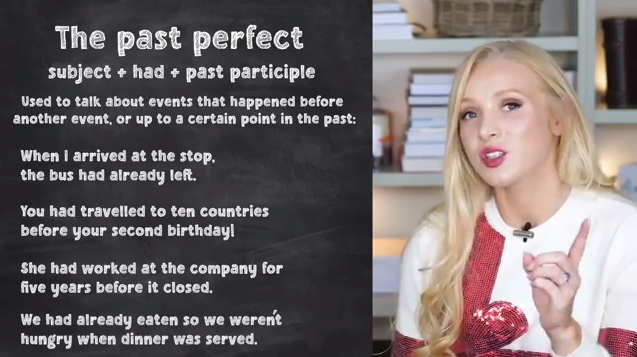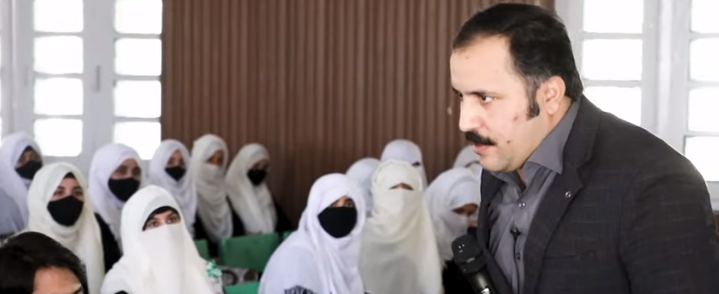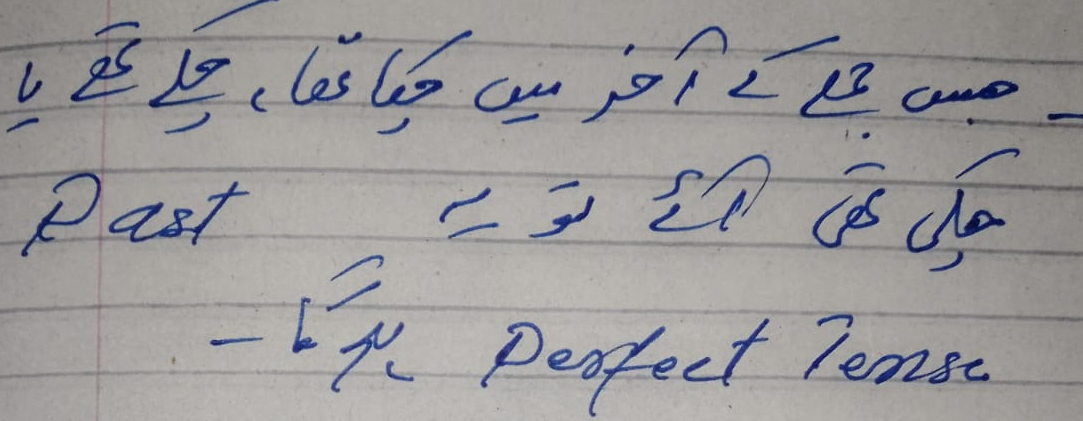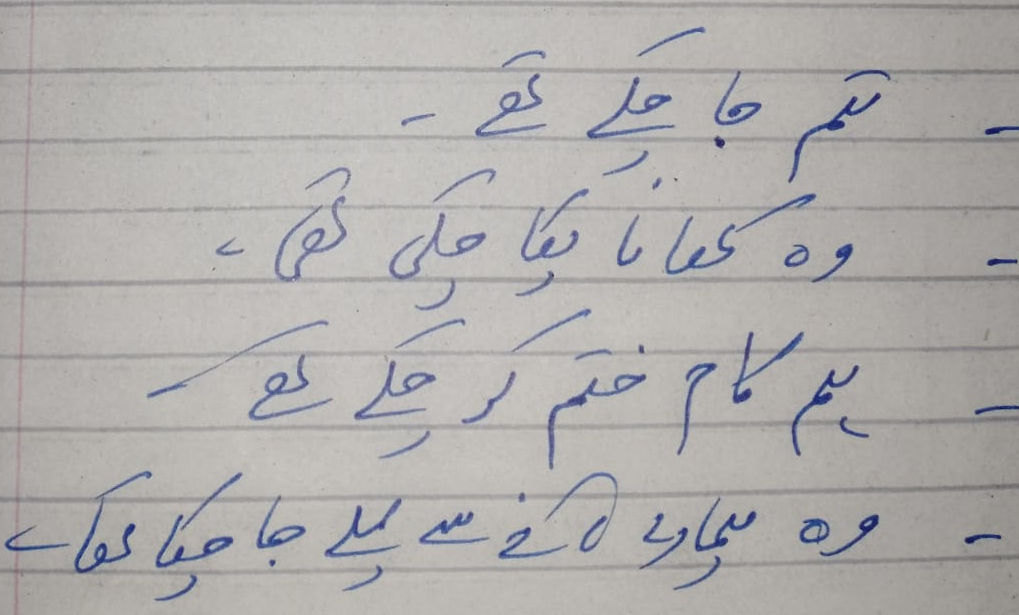The past perfect tense is one of the essential and frequently used tenses in the English Language. It has various usages, which are important for understanding when and where to use it correctly from a grammatical perspective. In today's session, we will learn all the usages of the past perfect tense. So, let's begin.
USAGES
The past perfect tense is used to express an action that was completed before another activity or time in the past. It is often used with the past simple.
Example:
They had left the school before I got admitted.
She had slept by the time her guests reached home.
In the above examples, we can see that the past perfect tense is accompanied by the simple past tense. The actions that have taken place before are in the past perfect tense, and the actions that happened later are in the simple past tense.
The past perfect tense is used to indicate an action that began before the time of speaking in the past and still continues at that time.
Example:
Ahmed had been a student at Golden College since he was seventeen and planned to stay till the completion of his studies.
He started his studies at Golden College a few years ago and wants to continue his studies until he completes his studies.
The past perfect tense is used to express an action that began before the time of speaking in the past and stopped at that time or just before it.
Example:
He had taught at the University of Spoken English and Computer Science for years, and suddenly left.
He was teaching there for a long time, but now he has left, which means the action has ceased, and he is no more teaching there.
The past perfect tense is used to indicate an action that began before the time of speaking in the past and was completed sometime before the time of speaking.
Example:
John had served in the police for ten years, then he retired and shifted to his native home.
The past perfect tense is also used by writers/narrators when they look back on earlier actions from a specific point in the past.
Example:
He lived in England in the 90s. Before that, he had served in the army. He had been a popular basketball player.
STRUCTURE
Positive or Affirmative Sentence
She had cooked the meal.
Formula:
Subject + had + 3rd form of the verb + Object
Negative Sentence
She had not cooked the meal.
Formula:
Subject + had + not + 3rd form form the verb + Object
Question or Interrogative Sentence
Had she cooked the meal?
Formula:
Had + Subject + 3rd form of the verb + Object
Negative Question or Interrogative Sentence
Hadn't she cooked the meal?
Had she not cooked the meal?
Formula:
Hadn't + Subject + 3rd form of the verb + Object
Had + Subject + not + 3rd form of the verb + Object
Negative interrogative sentences can be formed in two ways. When the word "not" is contracted with the auxiliary verb, it precedes the subject. However, when it is not contracted, "not" follows the subject in a negative interrogative sentence. In the first example, "not" is contracted with the auxiliary verb, while in the second, it appears in expanded form, which is why it comes after the subject of the sentence.
RECOGNITION IN URDU
Examples:
Recognition in Urdu is crucial. It greatly aids in translation. If you don't know the tense of a sentence, you will not be able to translate it.




